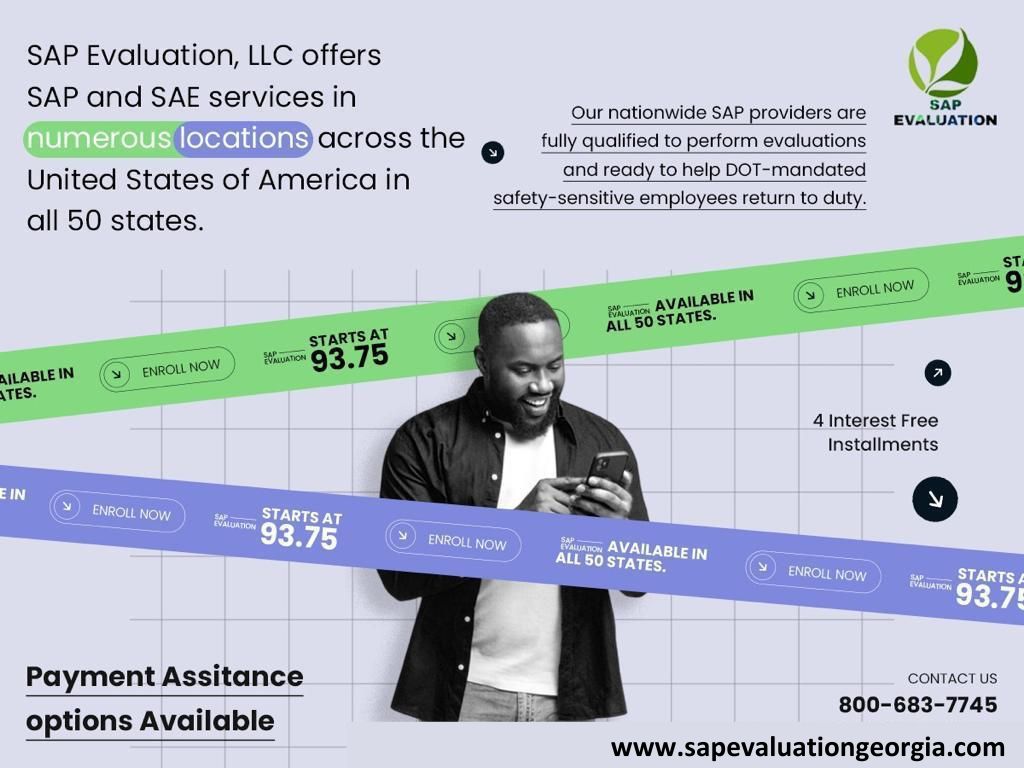Understanding the Process: What to Expect During a Substance Abuse Evaluation
Substance abuse is a widespread problem that millions of people experience globally. It’s a complicated issue that needs a thorough solution. An integral part of this solution is the substance abuse evaluation, a critical step in the journey towards recovery. This post aims to shed light on what to expect during a substance abuse evaluation, helping individuals and their loved ones understand the process better.

The Purpose of a Substance Abuse Evaluation
A substance abuse evaluation serves as the starting point for treatment. Its main purpose is to assess the extent and nature of an individual’s substance use. The evaluation helps identify whether a person has a substance use disorder, the severity of the disorder, and the appropriate treatment options.
Who Conducts the Evaluation?
A substance abuse evaluation is typically conducted by a trained professional such as a psychiatrist, psychologist, or a licensed alcohol and drug counselor. These professionals have the necessary training and experience to conduct an accurate assessment and recommend the most suitable treatment plan.
What Does the Evaluation Involve?
The evaluation usually begins with an in-depth interview. The professional will ask a series of questions about the individual’s substance use, including the types of substances used, frequency of use, duration of use, and any negative impacts on the individual’s life.Apart from the interview, the evaluation may also involve physical examinations, psychological tests, and lab tests. These additional assessments help detect any physical or mental health issues that might be related to substance use.
Confidentiality in Substance Abuse Evaluations
It’s crucial to note that substance abuse evaluations are confidential. The information shared during the evaluation is protected by law and can only be disclosed with the individual’s consent. This ensures that individuals can speak openly and honestly without fear of judgment or repercussions.
What Happens After the Evaluation?
Once the evaluation is complete, the professional will interpret the results and make a diagnosis. If a substance use disorder is diagnosed, the professional will then recommend a treatment plan. This could entail group support, medication, therapy, or a mix of these. The aim is to provide a personalized treatment plan that addresses the individual’s unique needs and circumstances.
Conclusion
A SAP evaluation is a crucial step on the path to recovery. It provides a clear understanding of an individual’s relationship with substances, paving the way for effective treatment. Recall that asking for assistance is a sign of strength rather than weakness. If you or a loved one is struggling with substance use, don’t hesitate to reach out to a healthcare provider and request a substance abuse evaluation.https://sapevaluationgeorgia.com/
